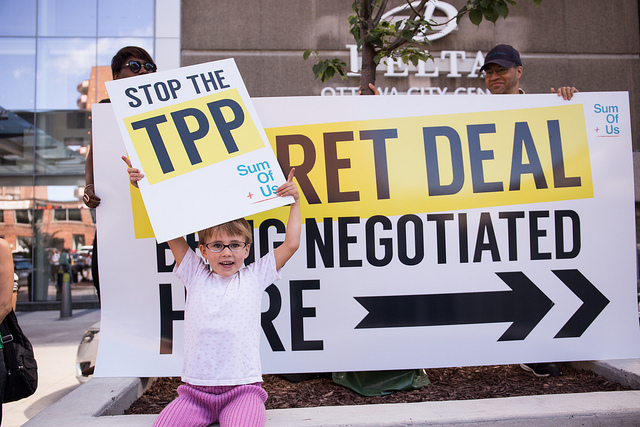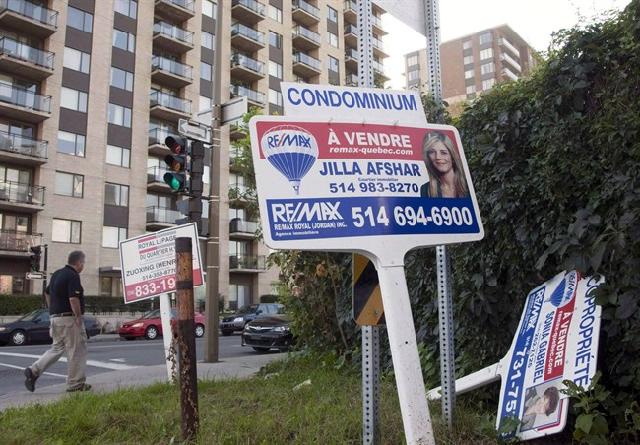There is no political rocket science to the Oct. 19th election result. Even with our slanted first-past-the-post system, it would have been difficult for Stephen Harper’s Conservatives to squeak out a parliamentary majority, or even minority, given that more than two-thirds of the population wanted him out.
If vague notions of change played the lead role in the long campaign, then the economy wrote the script for much of the rest. The Liberals won, while the others lost, on economic issues.
Since the global crisis of 2007-08, most of us have seen stagnation in incomes and living standards. The past year, with the global resource and commodity price crash, has only made things worse by taking down the last bastions of growth, albeit ones based in the toxic extractive sectors of the Canadian economy.
Together these basic facts, lived every day by millions, made it inevitable that the economy would be the defining issue of the 2015 campaign and key to whether the change vote coalesced around the NDP or the Liberals. People were clearly tired of seeing Harper represent them, but in daily life, they’re tired of seeing their debt, their rent, their children’s tuition and their bills go up, while their jobs disappear or their incomes flatline.


